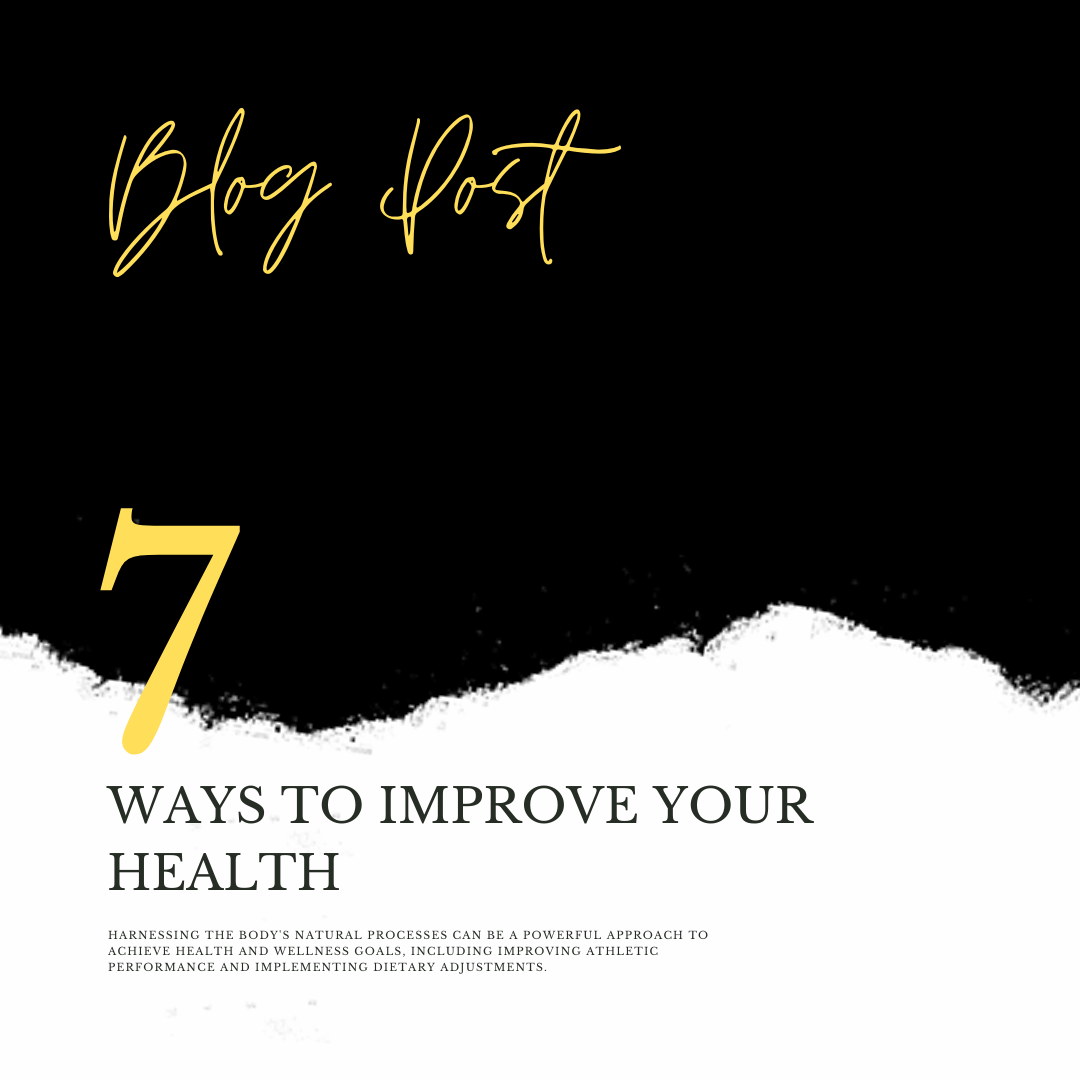- Prioritize Nutrition: Optimal nutrition is essential for overall health and athletic performance. Focus on consuming whole, nutrient-dense foods, including lean proteins, fruits, vegetables, whole grains, and healthy fats. Customize your diet based on your specific needs, considering factors such as activity level, body composition goals, and any dietary restrictions or preferences.
- Hydration: Proper hydration is vital for physical performance and overall well-being. Drink adequate amounts of water throughout the day, especially during exercise or physical activity. Listen to your body’s thirst signals and aim to maintain a consistent level of hydration.
- Sleep and Recovery: Quality sleep is crucial for optimal performance and recovery. Create a sleep routine that includes consistent bedtimes, a comfortable sleep environment, and practices to unwind before bed. Aim for 7-9 hours of sleep per night to support your body’s natural healing processes.
- Exercise and Movement: Engage in regular physical activity to enhance athletic performance and overall wellness. Incorporate a combination of cardiovascular exercise, strength training, and flexibility work. Tailor your exercise routine to your specific goals and abilities, gradually increasing intensity and duration to avoid injury.
- Stress Management: Chronic stress can hinder athletic performance and overall health. Incorporate stress-management techniques such as meditation, deep breathing exercises, yoga, or mindfulness practices into your daily routine. Find activities that help you relax and unwind, promoting balance in your physical and mental well-being.
- Listen to Your Body: Pay attention to your body’s signals and adjust your approach accordingly. This includes recognizing fatigue, pain, and signs of overtraining, as well as honoring rest days when needed. Respect your body’s limitations and work with a healthcare professional or coach to create an individualized plan that aligns with your goals.
- Consistency and Patience: Achieving health and wellness goals takes time and commitment. Be consistent with your efforts, making sustainable lifestyle changes rather than seeking quick fixes. Embrace the journey, celebrate small victories, and maintain a positive mindset throughout the process.
Remember, it’s important to consult with healthcare professionals, nutritionists, or trainers who can provide personalized guidance based on your specific needs, goals, and any underlying health conditions. They can help you navigate the complexities of your body’s natural processes to optimize your health and achieve your wellness objectives.



